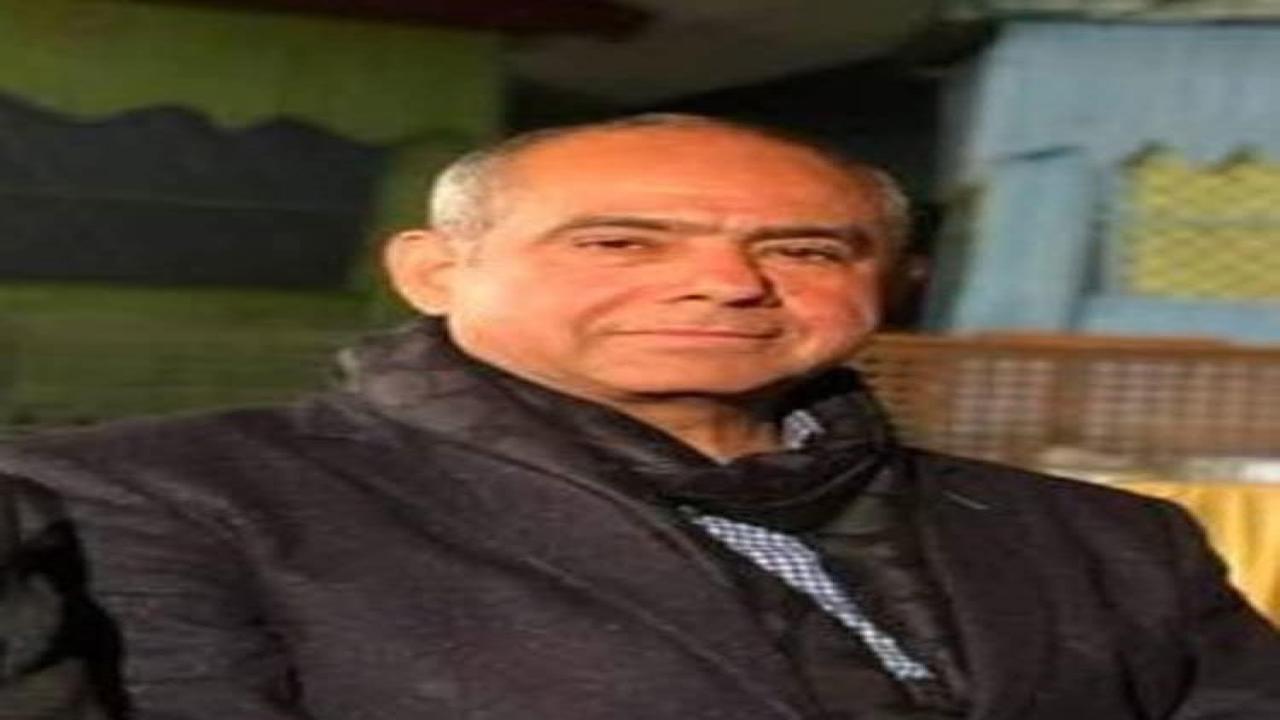



PTC Web Desk: The first week of January witnessed an unusual phenomenon in British Columbia, where over 100 "zombie fires" from the previous summer remained active instead of going dormant, highlighting the region's vulnerability. As 2024 kicks off, experts are sounding alarms about the potential for an even hotter and more destructive wildfire season, fueled by the lingering impact of El Niño and a changing climate.
Last year marked Canada's most devastating wildfire season, with over 6,500 fires scorching nearly 19 million hectares. The warming, dry conditions persist, challenging the conventional notion of "business as usual." Lori Daniels, a professor at the University of British Columbia, expressed astonishment at the unprecedented situation, emphasising the need for adaptive strategies.
The El Niño weather system, set to continue into spring, raises concerns about heightened temperatures and prolonged dry spells. Environment and Climate Change Canada (ECCC) projects above-normal temperatures throughout the country, with about 70% above normal from April to June. Below-normal snowpack, especially in southern Canada, indicates drier conditions, setting the stage for potentially catastrophic wildfires.
Bill Merryfield, a research scientist at ECCC, underlines the absence of indications for below-normal or near-normal temperatures, stressing the urgency for proactive measures. With the official 2023 temperature numbers yet to be released, preliminary data suggests it was the hottest year globally.
Experts, including John Robinson from the University of Toronto, stress the necessity for a pre-emptive response and enhanced wildfire prevention efforts. The fear of a hotter 2024 prompts a call for creative policies and a shift from reactive to proactive disaster response.
Kevin Hanna, director of the University of British Columbia's Centre for Environmental Assessment Research, urges a broader conversation about managing risk by reducing infrastructure vulnerability. Suggestions include increased investment in fire-resistant home programs, adherence to FireSmart principles in new builds, and community-wide emergency planning.
Daniels emphasises individual actions, such as implementing FireSmart principles, cleaning up yards, and reconfiguring landscapes to mitigate fire risk/ptc-canada/media/post_attachments/dbe1a6d98cfb55b232a0a089498964c37dd52b176ff743cb5563575d233b29d7.None)
Michael Norton, director general of the Canadian Forest Service, outlines federal initiatives like the Wildfire Resilient Futures Initiative, investing $285 million over five years in prevention and mitigation efforts. Reinforcing programs like FireSmart Canada is a key component of the strategy.
As Canada faces the prospect of a challenging 2024, the need for a comprehensive and adaptive approach to wildfire prevention becomes increasingly evident. The combination of climate change, El Niño, and the aftermath of the record-breaking 2023 sets the stage for a year where proactive measures can make a critical difference in protecting communities and natural landscapes.

